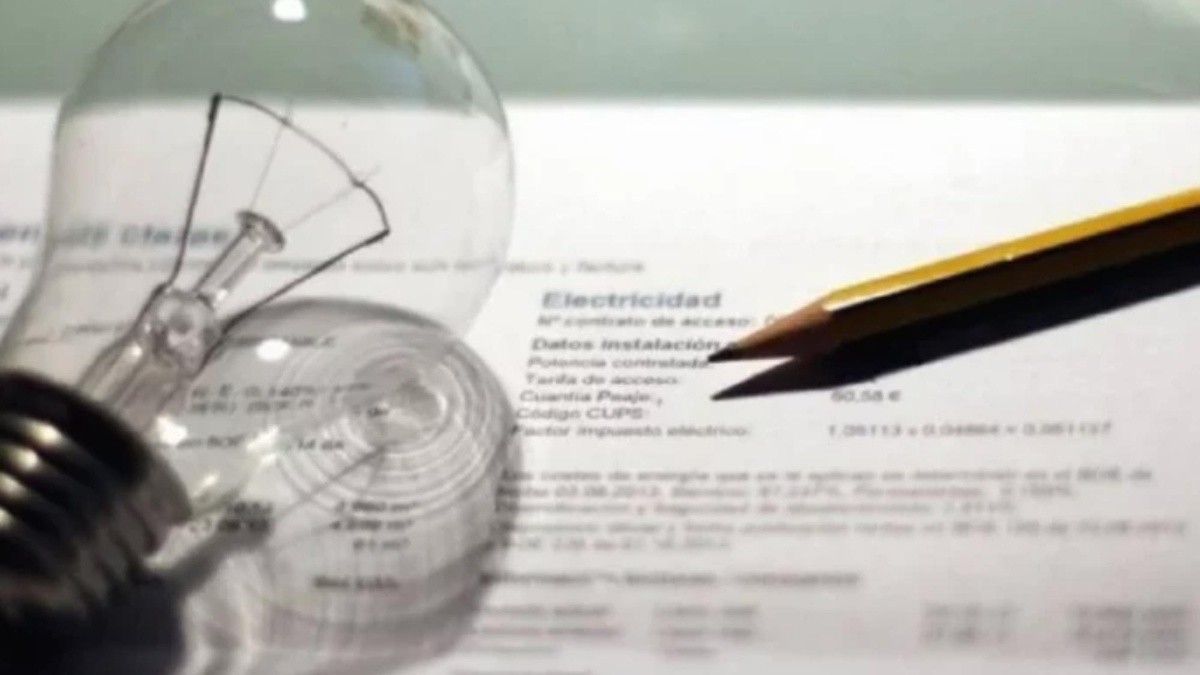The removal would reach users who meet any of these criteria:
- Living in geographical areas that are considered polygons with high payment capacity identified by the National Electricity Regulatory Entity (ENRE) based on the value per square meter. This includes gated communities.
- Have an income that exceeds the value of 3.5 Total Basic Baskets (CBT) in the case of a household made up of four members. This value was $314,000 as of March.
- Have luxury planes or boats.
- Have 3 or more registered properties.
- Have 3 or more motor vehicles five years old or less.
In relation to the income threshold, they are considered “broad enough not to make significant exclusion errors”. In any case, it adds that “the number of CBTs analyzed as a threshold can be modified in order to reduce inclusion errors in the segments with the lowest subsidies or increase the scope of said segment.”
As for the rest of the users, the middle segment will receive a partial reduction in subsidies while the lower income sectors will continue with the subsidies.
According to the defined methodology, the estimated universe of holders who would no longer receive subsidies in the Metropolitan Area of Buenos Aires is 921,778 in the case of electricity and 760,600 holders in the case of residential gas.
Users who are affected by the removal of subsidies and consider that they do not correspond to them will have an “agile” mechanism to make a claim and request that their situation be reconsidered. In addition, the cases of users who do not belong to this 10% will be taken into account despite having been identified by any of the previous methodologies.
According to the report, the current scheme, which universally grants subsidies to the wholesale price of energy, added to the fact that the consumption of electricity and natural gas correlates with household income, imply that the subsidy is “pro-rich and progressive: people with higher incomes are the most protected by the policy”. “When subsidies show a pro-rich behavior, it means that there is room to review their distributive incidence in order to reduce inclusion errors,” he adds.
The report identifies that energy expenditure relative to income is substantially higher for the poorest households. In this sense, it suggests that the elimination of subsidies in the high-income deciles “would not have a significant impact on disposable income in these sectors.”
Source: Ambito
David William is a talented author who has made a name for himself in the world of writing. He is a professional author who writes on a wide range of topics, from general interest to opinion news. David is currently working as a writer at 24 hours worlds where he brings his unique perspective and in-depth research to his articles, making them both informative and engaging.




